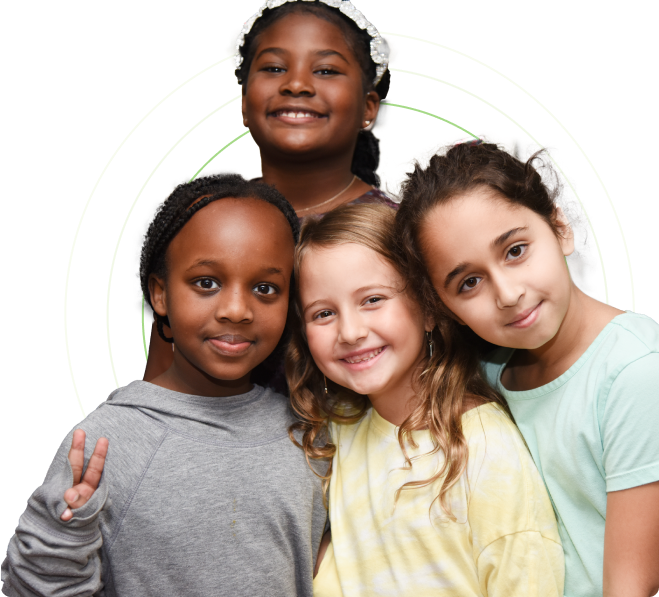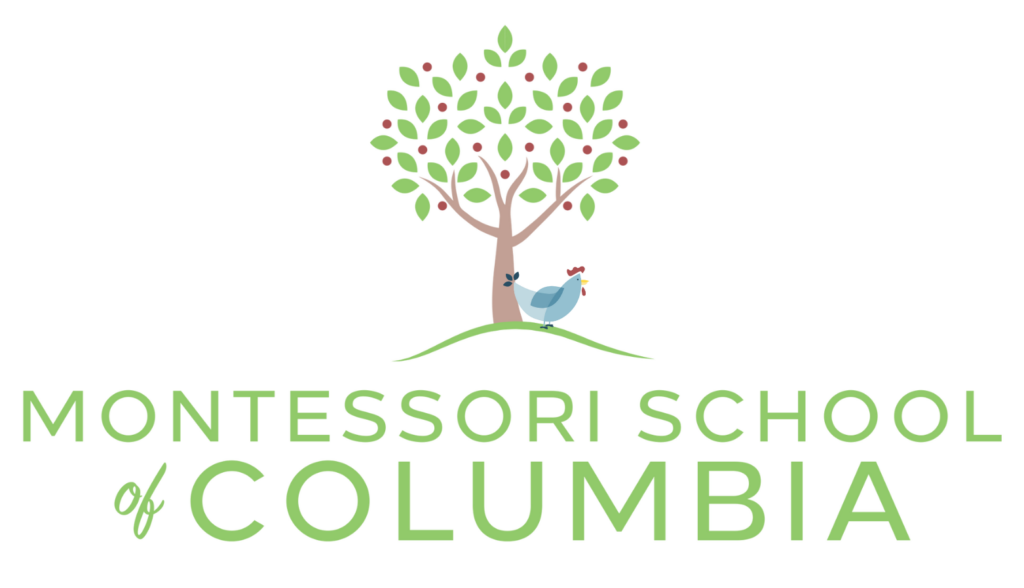"If education is protection to life, you will realize that it is necessary that education accompany life during its whole course."
- Maria Montessori







"If education is protection to life, you will realize that it is necessary that education accompany life during its whole course."
- Maria Montessori
Certified Green Steps School
MSC is proud to be recognized as a Certified Green Step School.
What Are South Carolina Green Step Schools?
The Green Steps Schools program is an environmental education and action initiative that recognizes schools in South Carolina that take annual sustainable steps toward becoming more environmentally responsible.
One of the pillars of the Montessori learning method is certifying that our students are aware of the importance of direct contact with nature. We do that by organizing multiple hands-on activities that showcase the importance of taking care of nature and living a sustainable lifestyle.
Such activities start to take place already in the Primary Program, our educational program devoted for children between the ages of three and six years old. By learning to protect, conserve, and above all, respect the land and the resources that come with it, children start to develop a sense of responsibility and self-reflection from early on.
What Activities Take Place in a Green Step School?
1. Protecting Air And Water
Your children will learn not only how to take care of plants but also why they should do it. They’ll water, fertilize and trim plants in the classroom as part of their classroom activities, and, once they master these activities, they’ll teach them to their classmates.
We also have three rain barrels available on our campus. The water collected through the barrels is used to water our plants and gardens and they also serve as a practical example of a sustainable, clean water source.
2. Litter Prevention
We frequently promote litter pick-up activities with protective gloves inside and outside of campus. Your children will learn about the harmful effects of littering and the importance of keeping our environment clean. They’ll also learn to sort through the recyclables and report their results.
3. Restoring Soil & Habitat
In our classrooms we mix theory and practical experience as students handle organic and inorganic materials. The life cycle of worms and their importance as compost for soil improvement is analyzed. Later, your children will feed and water the worms themselves, and add their castings to our potted indoor and outdoor plants.
Our hands-on tasks include research, planning, and tending to the gardens on campus. Wildlife habitats will be restored in outdoor classroom activities, and ponds and fish habits will be maintained by the students.
In special visits to places like The Riverbanks Zoo and through direct contact with animals that MSC is home to (chickens, crabs, fishes, and more), students will learn the importance of taking care of animals and develop a consistent sense of responsibility by doing so.
4. Conserving
Our students sort and recycle paper, newspaper, glass, cardboard, and plastic. They are prepared to elaborate on the importance of the process to any classmates or parents who are interested.
Any adequate materials for reuse are kept and used in activities such as:
- Completing school and artwork
- Playspace/equipment for the playground
- Create mosaic stepping stones used in our walkways (built by students from the Lower Elementary and Upper Elementary programs themselves)


